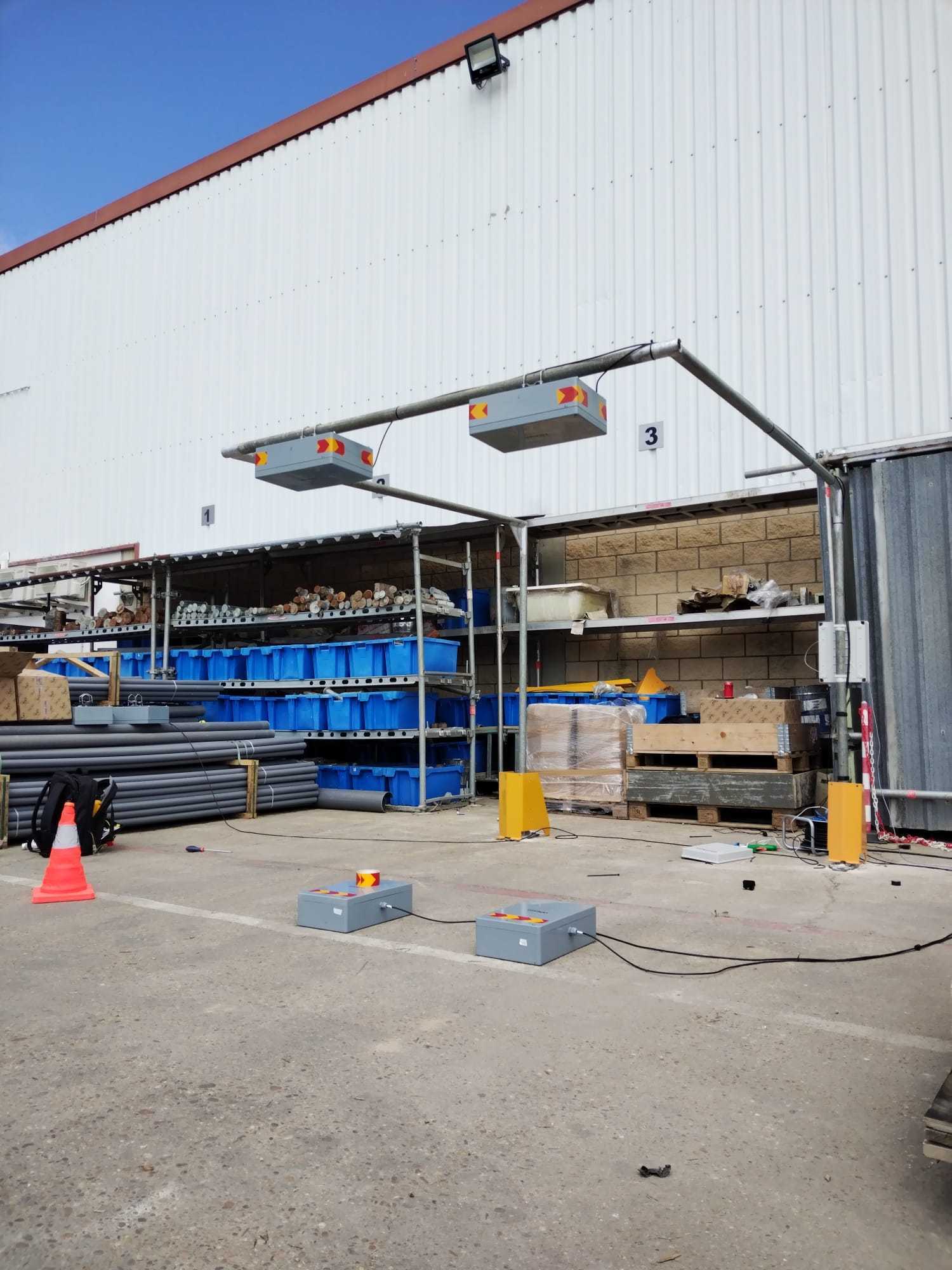TRAZALME 4.0: Using cutting-edge technologies from Castilla y León to optimise inventory management
The Zamora-based company Tecozam, one of Spain's leading civil works construction subcontractors, is currently in the final phase of the innovative TRAZALME 4.0 project. The aim is to use different disruptive technologies to develop a smart platform for equipment and machinery traceability to optimise inventory management in the field of civil engineering. One of the main goals is to reduce the time that operators spend on inventorying new equipment, minimising errors and making it possible to track its use and operation.

The Salamanca- and Valladolid-based AIR Institute, member of the Network of Technology Centres of Castilla y León (NODDO), is collaborating in the initiative by contributing to the implementation of technologies such as the Internet of Things (IoT), artificial intelligence and neural networks.
The project proposes the design of an intelligent platform that allows for data ingestion from IoT devices and passive RFID (radio frequency identification) technologies, including explainable AI algorithms for the control of defective batches, tool, or machinery failures, as well as the optimisation of the control and diagnosis of the quality of the equipment. This makes it possible to anticipate errors and recommend the choice of equipment with the lowest number of hours of use in order to increase service life. The developing team has affirmed that explainable Bayesian neural network models have been implemented and different techniques have been used to explain the decision-making process and optimise predictions.
As of today, the project has already completed the creation of the first version of the platform, which Tecozam's professionals can use to start operating and carry out the first labelling tests.
The TRAZALME 4.0 project is funded by the Ministry for Digital Transformation and the Civil Service through the Red.es Programme, through an initiative focused on the financing of industrial research and experimental development projects with digital technologies. It is also co-financed by the European Regional Development Fund (ERDF) with the objective of "promoting technological development, innovation and quality research".